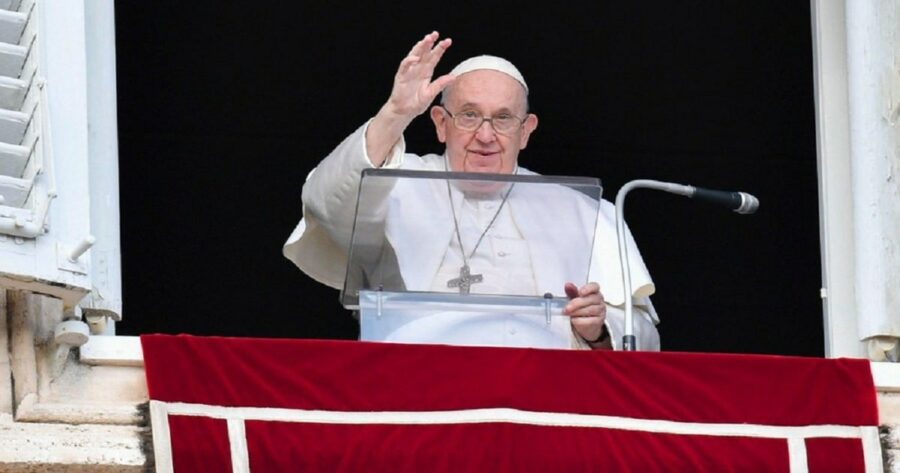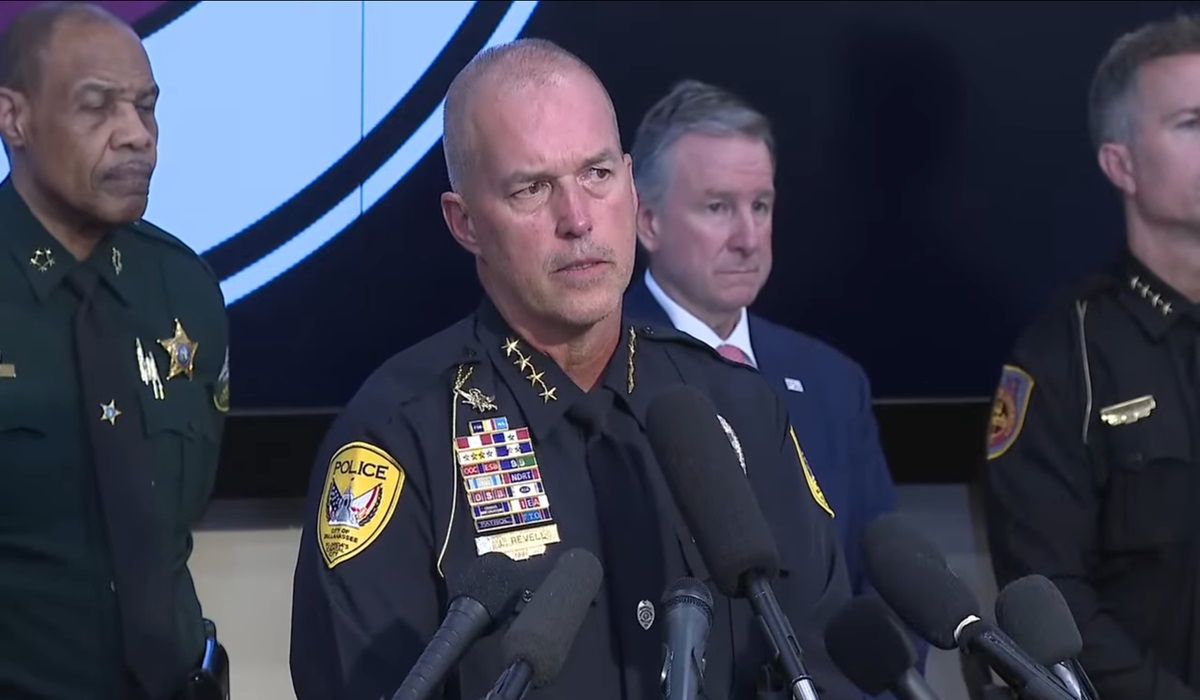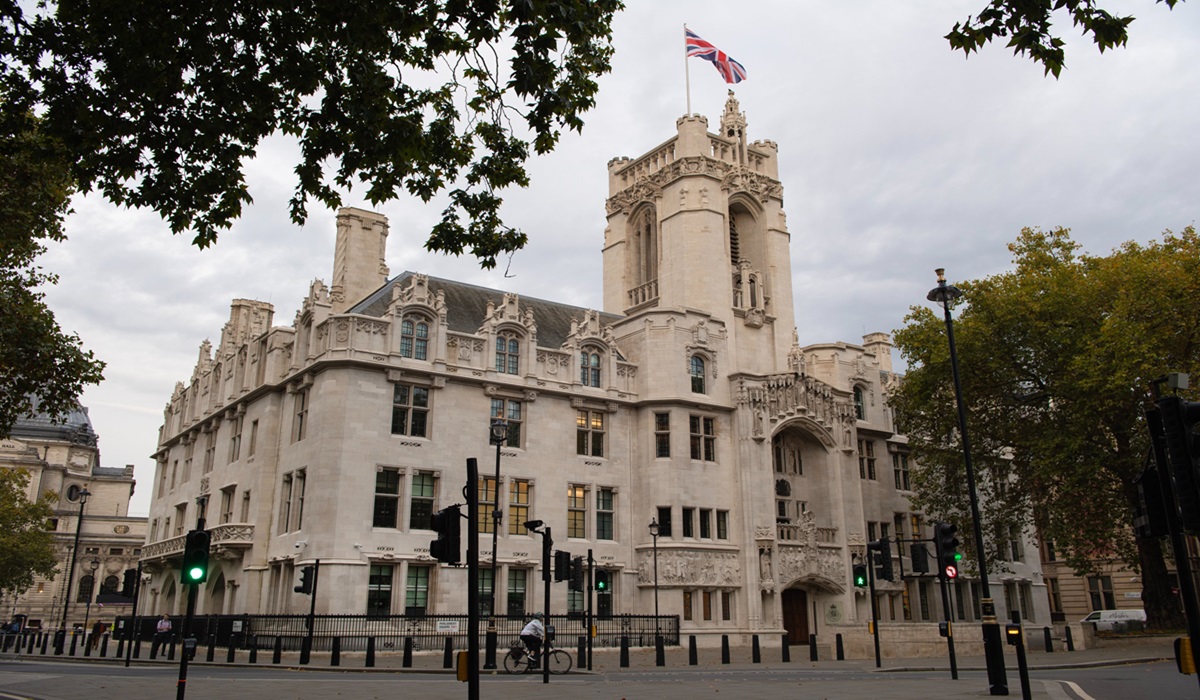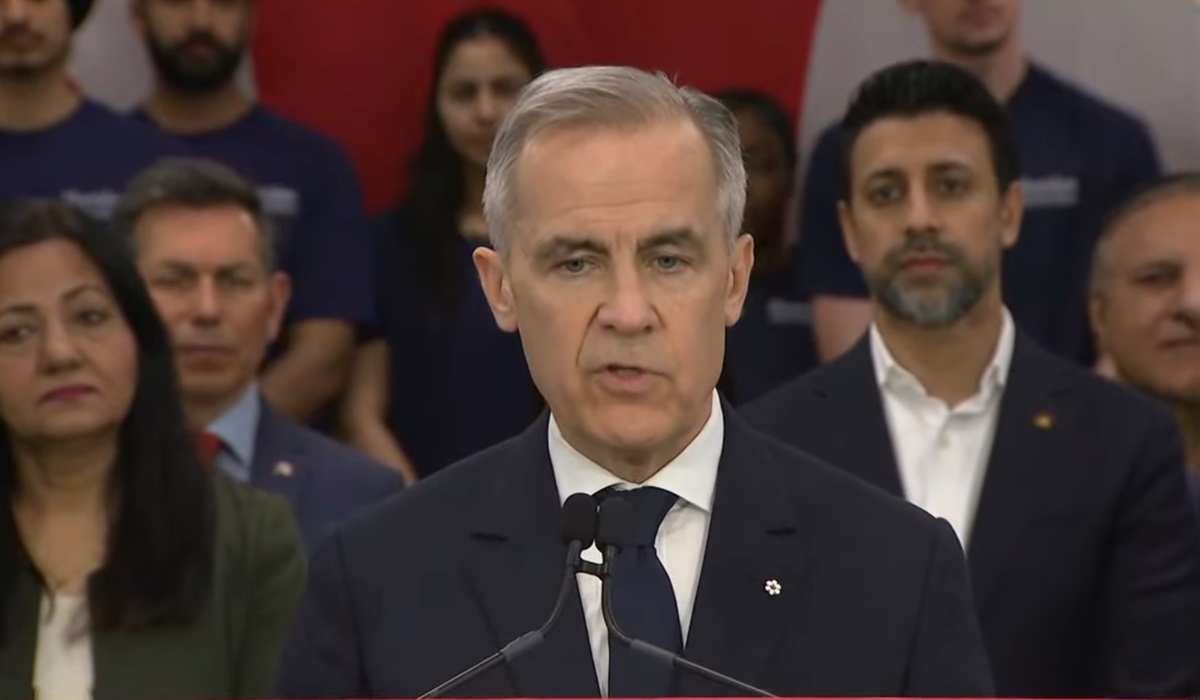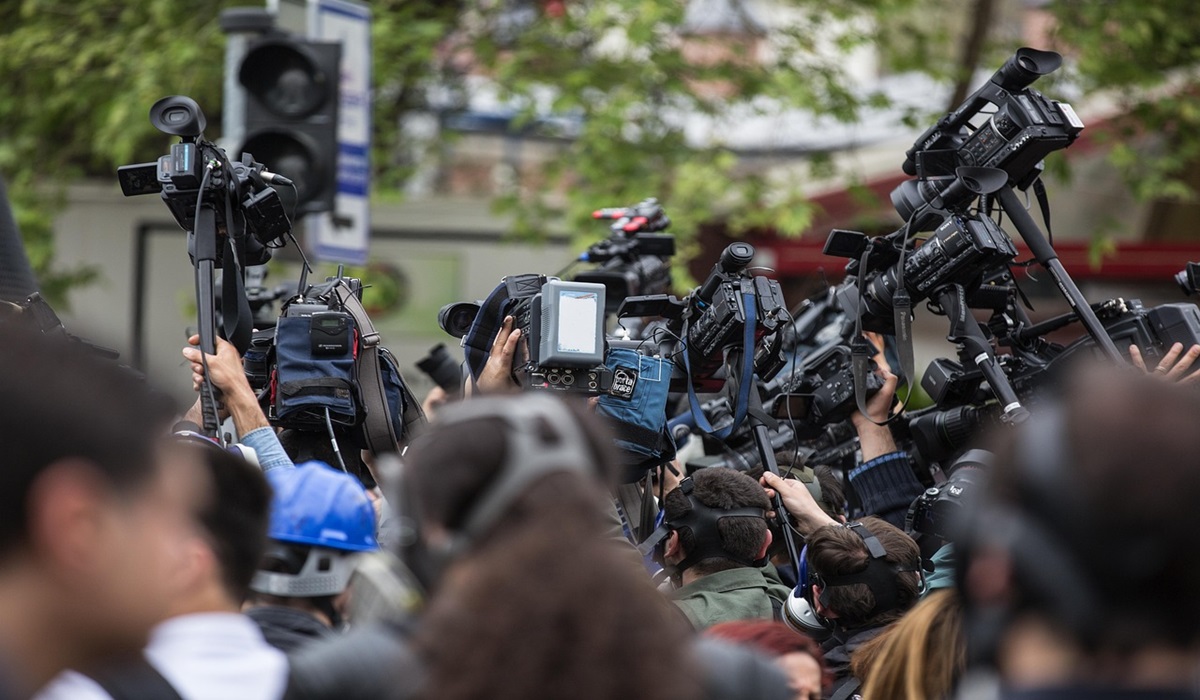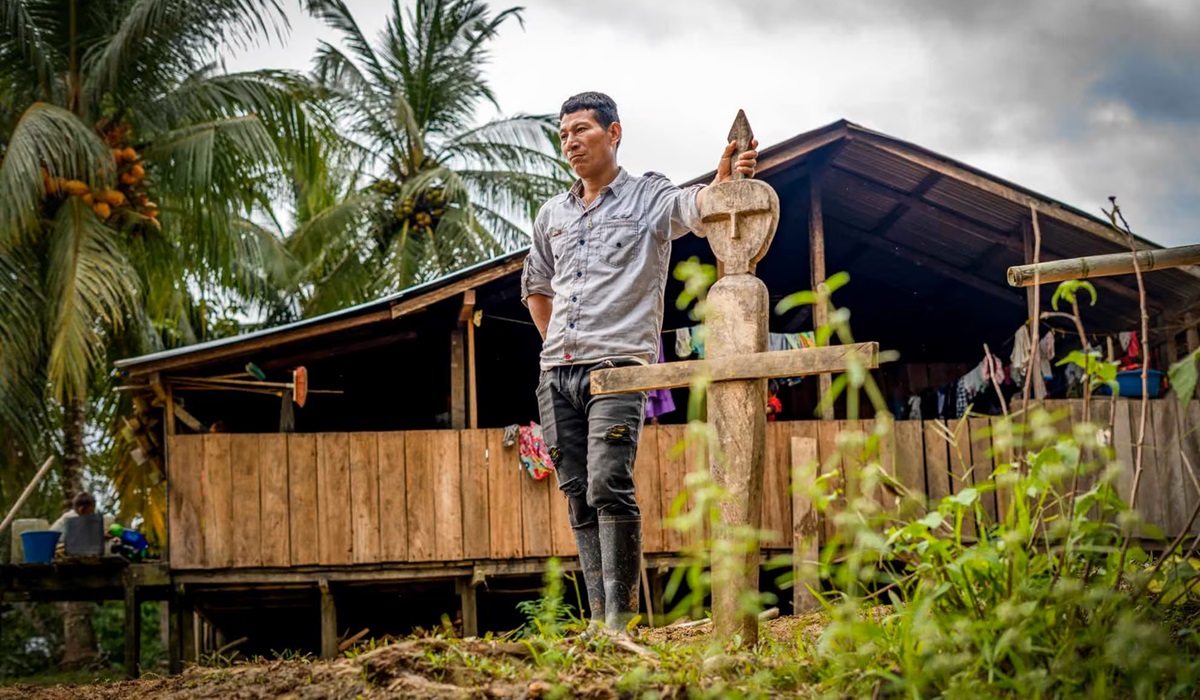Pope Francis, the 266th leader of the Roman Catholic Church and its first Latin American pontiff, has died at the age of 88. His death occurred early Monday morning, April 21, 2025, following a stroke that led to heart failure. He passed away at his residence in the Domus Sanctae Marthae in Vatican City.
Born Jorge Mario Bergoglio in Buenos Aires, Argentina, Francis was elected pope in March 2013 after the historic resignation of Pope Benedict XVI. As the first Jesuit pope and the first to hail from the Americas, he broke centuries of tradition and redefined the papacy in ways few had anticipated. His leadership style was marked by a rare blend of humility and fearlessness, often choosing compassion over rigidity and dialogue over dogma.
Throughout his twelve-year papacy, Pope Francis championed social justice and extended the Church’s reach toward the world’s most vulnerable. He called for bold action on climate change, condemned the global obsession with materialism, and stood firm on the need to welcome refugees and immigrants. He also became one of the Church’s most vocal critics of clerical abuse, instituting reforms and calling for transparency, though his actions were met with both praise and resistance.
His efforts to modernize the Church weren’t without controversy. More traditional factions resisted his openness to LGBTQ+ Catholics, his critiques of unrestrained capitalism, and his willingness to reexamine issues such as celibacy and the role of women in Church leadership. Still, Francis remained undeterred, often reminding the faithful that the Church must be “a field hospital after battle” — meeting people where they are, not where rules insist they must be.
Pope Francis leaves behind a legacy of radical humility and unwavering devotion to the downtrodden. In a world increasingly defined by division and disillusionment, he dared to preach unity and mercy. His death marks the end of a transformative era — one that reimagined what the papacy could mean in the 21st century.

